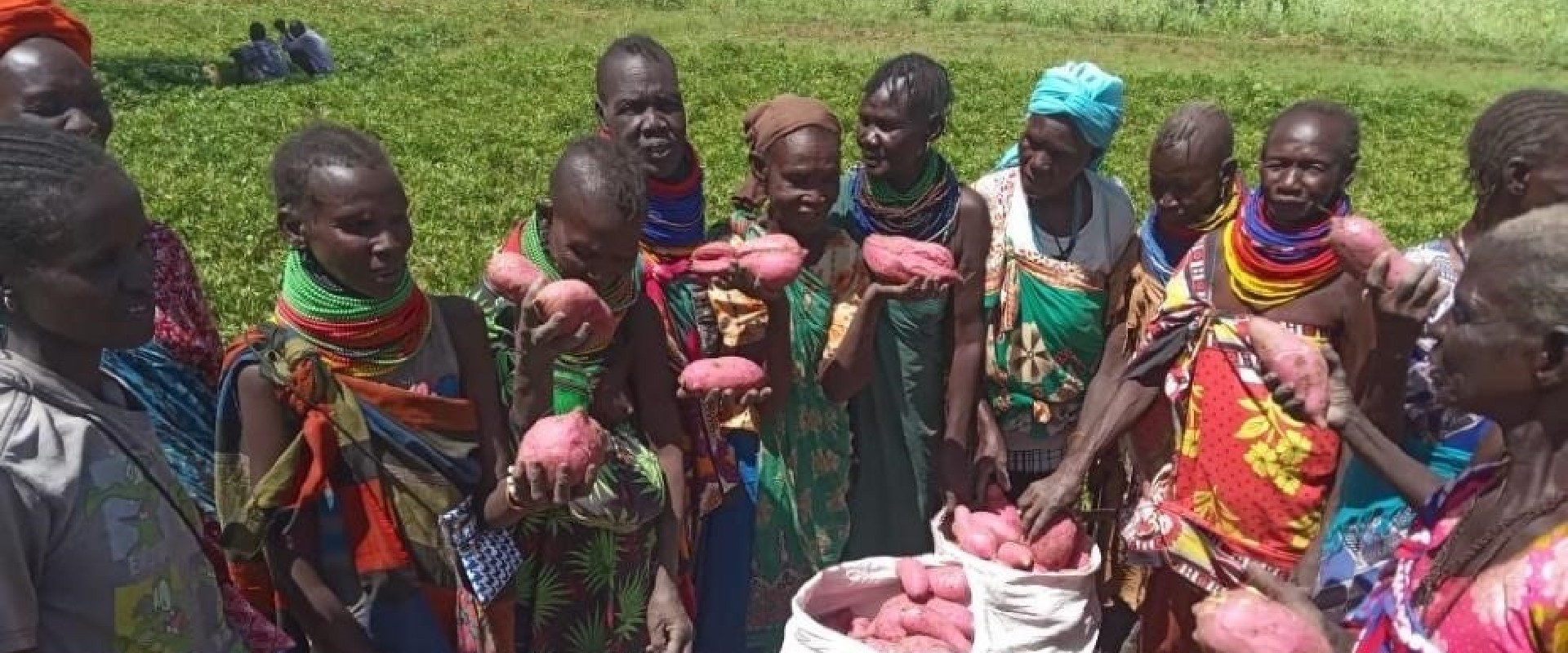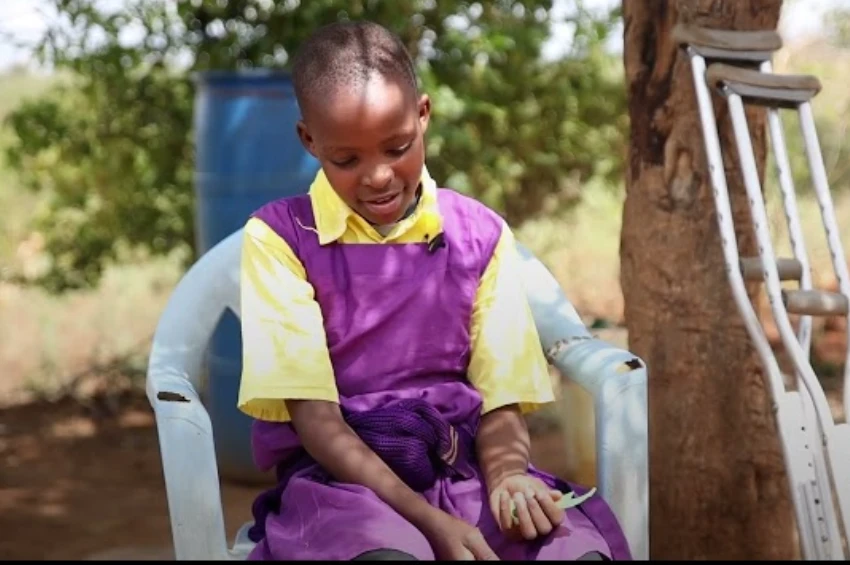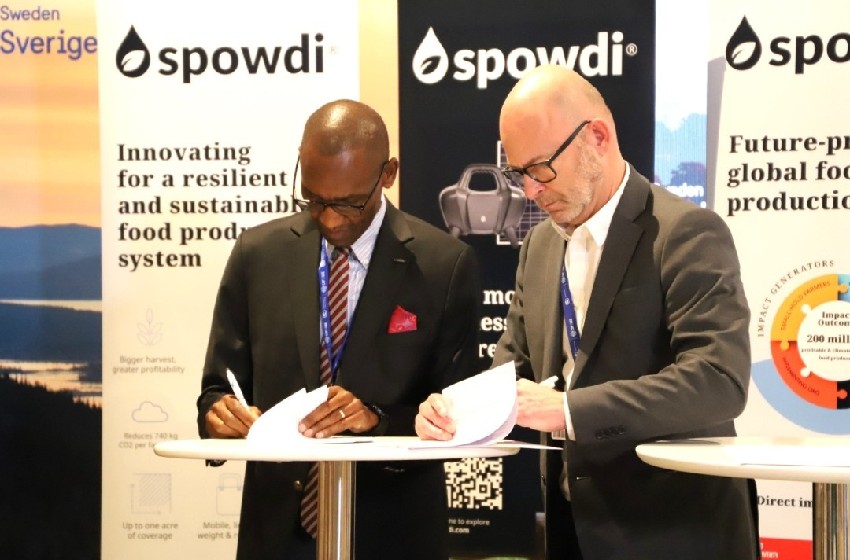Orange-fleshed sweet potatoes providing nutritious diet to Turkana and Samburu residents
August 15, 2024

Sweet potatoes harvested from the farm
In the arid and semi-arid lands (ASALs) of northern Kenya, the harsh climate of Turkana and Samburu counties has long posed a challenge to food security and nutrition. Characterized by high temperatures and low rainfall, these regions frequently experience severe droughts, exacerbating the already precarious food insecurity situation. Amidst this backdrop, ChildFund working with communities has spearheaded a transformative initiative that has brought hope and nourishment to thousands through the cultivation and utilization of Orange-Fleshed Sweet Potatoes (OFSP).
OFSP is not just any crop; it is a powerhouse of nutrition, particularly rich in Vitamin A. Vitamin A deficiency is a serious issue in many parts of the world, including Turkana and Samburu, leading to malnutrition, particularly among children under five years old and pregnant and lactating mothers. Recognizing this, ChildFund, in collaboration with government agencies, and other stakeholders, is implementing a project with a bold vision: to harness the potential of OFSP to combat malnutrition and improve the economic and nutritional status of the community.
The project set ambitious targets: to benefit 12,000 children, 2,200 youth, and 3,000 women through innovative growing and processing technologies of OFSP. By focusing on production, utilization, processing, and marketing, the project aimed to create a sustainable model for food security in these challenging regions.
Innovative Techniques for a Greener Tomorrow
One of the key techniques employed by the project was the use of eco-shade nets. These nets provided a controlled environment for the cultivation of OFSP, protecting the crops from the harsh sun and reducing water loss—a crucial adaptation for the arid climate. At Opiroi Early Childhood Development (ECD) center in Samburu North, the first harvest yielded an impressive 550 kilograms of OFSP. This bountiful harvest ensured that the children had access to nutritious meals, significantly improving their dietary intake.
In Turkana Central, the Nangolekuruk ECD center saw a similar success, harvesting 150 kilograms of OFSP, which was immediately put to good use in the children’s meals. These ECD sites were not just centers of learning but also hubs for agricultural innovation, where OFSP vines were multiplied and vegetables were grown to enhance the nutrition of the young children.
Improving Health and Nutrition
The impact of the OFSP project was evident in the improved health and nutrition of the children. At Opiroi ECD in Samburu North, the harvest of 700 kilograms of OFSP benefited 98 children through the school feeding program. This initiative ensured that every child received a nutritious meal, which is crucial for their growth and cognitive development. Similarly, Nangoleruk ECD’s harvest of 150 kilograms contributed significantly to the children’s diet, demonstrating the potential of OFSP to address malnutrition at the grassroots level.
Other ECD centers like Barsaloi and Opiroi continued to flourish with OFSP vines, which were planted for propagation in adjacent open fields. These centers served as models of success, showing how community-led agricultural practices could lead to sustainable food security.







